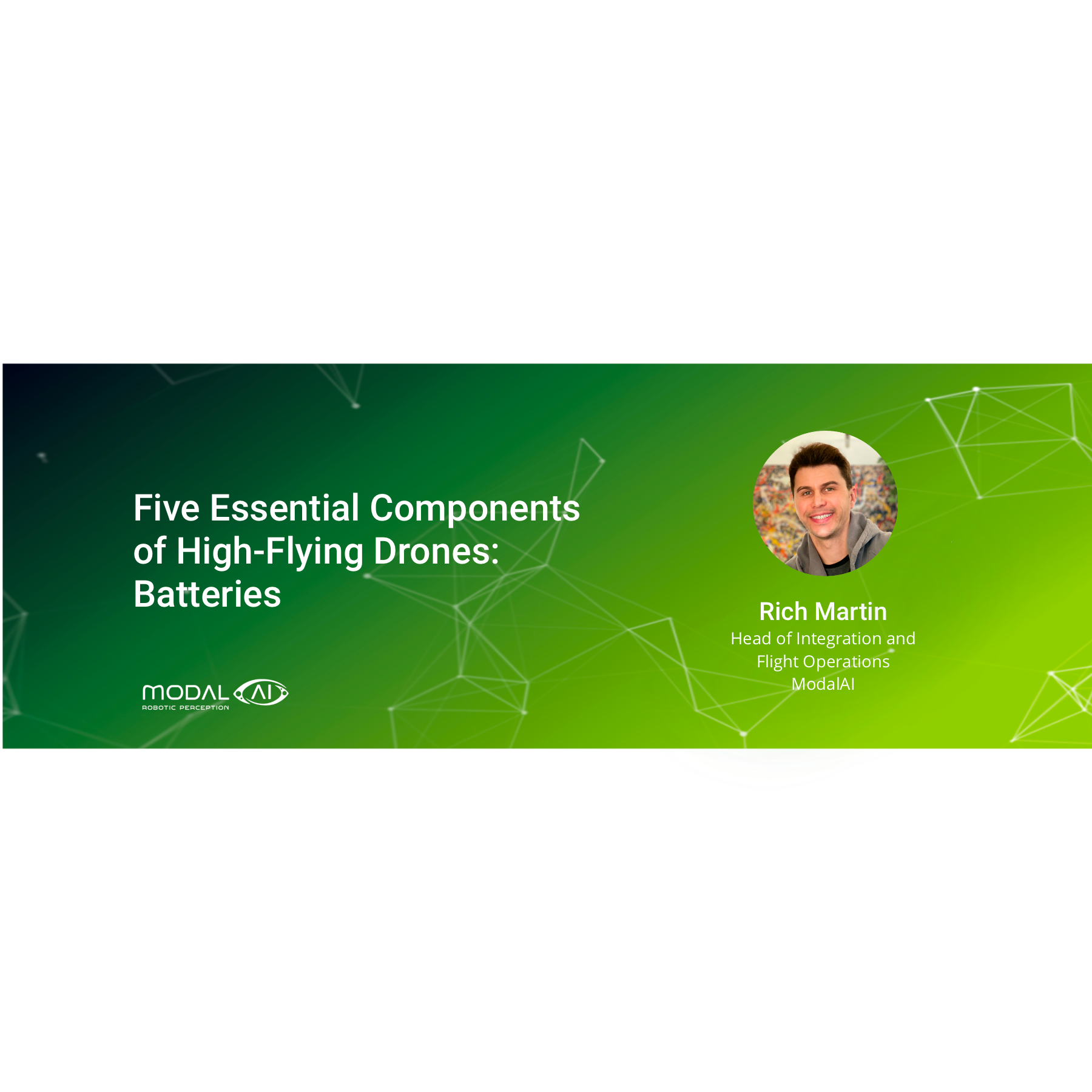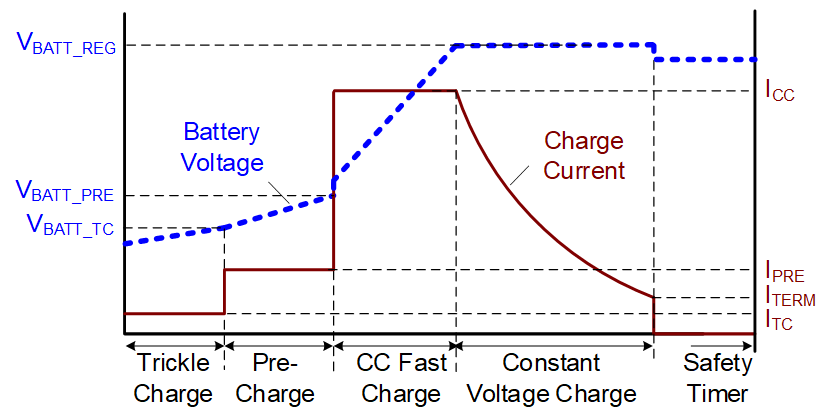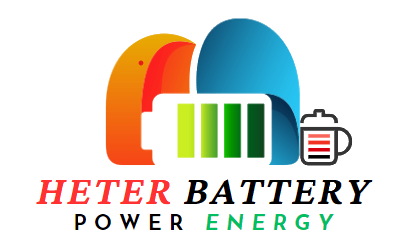A drone battery charger is essential for recharging drone batteries to keep your UAV operational. It should match your drone’s battery type and specifications for safe and efficient charging.
Drones have become indispensable for various applications, from aerial photography to surveying. To ensure these devices are ready for use, a reliable drone battery charger is crucial. Opting for the right charger means considering factors like charge time, portability, and compatibility with your drone’s specific battery chemistry, whether it’s LiPo, NiMH, or LiHV Drone Battery Charger.

As anyone vested in drone technology knows, keeping your drone batteries in top condition maximizes flight time and extends the lifespan of your batteries. An intelligent charger with features such as balance charging, overcharge protection, and temperature monitoring can prove invaluable for hobbyists and professionals alike.
Choosing a charger that can efficiently power up your drone’s batteries ensures your UAV is always ready for takeoff.

Credit: www.modalai.com
Drone Battery Technologies
The heart of a drone’s endurance lies in its battery. With advancements in drone battery technologies, exploring the capabilities and limitations of drone batteries has never been more important than the Drone Battery Charger.
This critical component determines not just flight time but also performance and efficiency.
Types of Drone Batteries
Types Of Drone Batteries
Drone batteries vary in make and chemistry, impacting their application and sustainability. Let’s delve into the common types used by drone enthusiasts:
- Lithium Polymer (LiPo): Known for their high energy density and lightweight. These batteries are a popular choice.
- Nickel-Cadmium (NiCd): They are heavier but offer robustness for long-term use.
- Nickel-Metal Hydride (NiMH): A middle-ground option balancing weight and capacity.
Comparing Battery Capacities
Comparing Battery Capacities
Battery capacity is a vital aspect in determining flight duration. Each type offers different strengths:
| Battery Type | Capacity | Weight | Energy Density (Wh/kg) |
|---|---|---|---|
| LiPo | High | Low | High |
| NiCd | Medium | High | Low |
| NiMH | Low | Medium | Medium |
With these insights, pilots can choose the right battery for their drones, factoring in capacity, weight, and the balance between them.

Credit: www.monolithicpower.com
Finding The Right Charger
Attention drone enthusiasts, a reliable drone battery charger is vital for uninterrupted flights. Let’s explore how to pick the perfect charger for your needs.
Compatibility And Connectors
Firstly, ensure the charger matches your drone’s battery. Different drones require different chargers. Check your battery’s type, like LiPo, NiMH, or LiHV. Then, choose a charger that suits it.
- LiPo chargers for lithium polymer batteries
- NiMH chargers for nickel-metal hydride batteries
- LiHV chargers for lithium high-voltage batteries
Examine the connectors too. They must fit snugly. Common types include:
| Connector Type | Use |
|---|---|
| JST | Small RC drones |
| XT60 | Medium drones |
| Deans | Large drones |
Charging Power And Speed
Next, consider how fast and powerful the charger should be. A good charger safely refills your battery quickly.
- A 1-amp charger fills slowly – more wait time
- 4 amps is faster, offering swift charging
- Above 6 amps? Ultra-quick power-ups!
Balance speed with safety. High-speed chargers can reduce battery life if they’re not quality ones. Opt for smart chargers with built-in balance features. These ensure even charging across all cells.
The Importance Of Charge Time
Knowing the charge time for your drone’s battery is vital. It ensures your drone is ready to fly when you are. Long wait times can delay your adventures. Short ones can mean more time in the sky. Let’s uncover how charging time shapes your drone experience Drone Battery Charger.
Impact On Drone Operation
A speedy charge gets you off the ground faster, but there’s more to it. Long-lasting batteries give you longer flight times. This means more footage and fun. Charge time impacts how often you’re airborne. Too long and your projects can face unwanted pauses.
Balancing Speed With Battery Health
Charging fast sounds good, but not if it hurts your battery. A fast charge can reduce battery life over time. This leads to more frequent replacements. Balance is key. Opt for a charger that maintains battery health while keeping charge times minimal. Your drone – and wallet – will thank you.
Smart Charging Features
Imagine a charger that knows exactly how much power your drone’s battery needs. Smart charging features make this possible! These features help to charge faster, safer, and smarter.
Let’s explore how advanced technology boosts your drone’s battery life and performance Drone Battery Charger.
Advanced Charge Controllers
Advanced charge controllers take care of your battery’s needs. They adjust the charge rate to fit the battery’s condition. This way, your drone’s battery charges at the best speed without damage.
Below are some perks of using these smart controllers:
- Automatic voltage detection – adjusts for different battery types.
- Overcharge protection – stops charging when the battery is full.
- LED indicators – show charging status at a glance.
- Multi-battery charging – charge more than one battery at once.
Battery Management Systems
Your drone’s battery is like its heart, and Battery Management Systems (BMS) make sure it stays healthy. A BMS watches over the battery cells to keep them safe and efficient. Learn how this technology works for your benefit:
| Feature | Benefit |
|---|---|
| Cell balancing | Maintains equal charge across all cells. |
| Temperature monitoring | Prevents overheating for safe operation. |
| Usage history | Tracks battery health over time. |
| Fault detection | Identifies issues to prevent damage. |
Enjoy longer flights and secure charging with smart charging features. These technologies ensure your drone is always ready for the skies.
Safety Protocols And Best Practices
When it comes to drone battery charging, safety is paramount. Proper handling can mean the difference between getting back into the air quickly or being grounded due to an avoidable accident.
By implementing the following safety protocols and best practices, pilots ensure their equipment always performs at its best Drone Battery Charger.
Avoiding Common Mistakes
Charging a drone battery seems straightforward, but mistakes happen. To stay safe, never leave batteries charging unattended. Heat build-up can lead to fires. Always use the charger that comes with your battery to avoid voltage mismatches. Here are some tips to avoid common errors.
- Read the manual: Know your battery’s requirements.
- Inspect batteries: Check for damage before each charge.
- Charge on a non-flammable surface: This prevents potential fire spread.
- Don’t overcharge: Unplug the battery once fully charged.
Maintaining Your Charger And Batteries
Longevity in your drone’s batteries and charger hinges on maintenance. Store batteries in a cool, dry place and avoid extreme temperatures. Periodically clean your charger’s contacts to ensure a good connection. Laptop Battery
Here’s a checklist for maintaining your charger and batteries:
| Task | Frequency |
|---|---|
| Clean contacts | Every 10 charges |
| Check for wear | Every use |
| Calibrate batteries | Every 20 flights |
| Storage voltage check | Monthly |
Remember, maintenance is an ongoing process. Keep records to track charging cycles and battery health. This approach guarantees you never miss a beat and keep flying safely Drone Battery Charger.

Credit: www.amazon.com
Innovations In Drone Charging
The world of drone technology is soaring to new heights, with cutting-edge innovations in drone charging leading the way. An integral part of keeping drones in the air, these advancements aim to make battery recharging faster, more convenient, and environmentally friendly. Let’s explore how these exciting developments are changing the drone landscape.
Wireless Charging Solutions
The thrill of flying a drone should never be cut short by cumbersome cables. Wireless charging solutions are revolutionizing the way drone batteries get their juice. Utilizing electromagnetic fields, drones can now be charged simply by landing on a charging pad.
This hands-free approach means no more plugging in, and drones are ready to fly again quicker than ever before. Here’s what makes wireless charging stand out:
- Convenience: Say goodbye to traditional chargers and cords.
- Efficiency: Reduced downtime between flights.
- Safety: Less handling of batteries minimizes risk.
Solar-powered Charging
Imagine a world where you can charge your drone just by basking it in the sun. Solar-powered charging is making this a reality. Drones equipped with solar cells can stay in flight for prolonged periods, harnessing the sun’s power to recharge on the move.
This sustainable option not only saves electricity but also extends the boundaries of exploration. See the sunny side of solar-powered charging:
| Benefits | Impact |
|---|---|
| Eco-friendly | Reduces carbon footprint. |
| Cost-effective | Saves on electric bills over time. |
| Autonomy | Empowers long-haul flights. |
Frequently Asked Questions Of Drone Battery Charger
How Can I Charge My Drone Without A Charger?
To charge your drone without its charger, use a USB cable if it’s compatible, or purchase a universal drone charger. Always ensure the alternative charging method matches your drone’s voltage and current requirements to prevent damage.
Can You Use A Fast Charger On a Drone Battery?
Yes, you can use a fast charger on a drone battery if it is compatible and recommended by the manufacturer to prevent damage. Always follow the specific guidelines provided for your drone’s battery to ensure safety and longevity.
Can You Charge Drone Batteries?
Yes, you can charge drone batteries using the charger provided by the manufacturer or a compatible one. Ensure you follow the battery’s charging instructions to maintain safety and prolong its lifespan.
What Battery Type Is Used For Charging The Drone’s Batteries?
Drone batteries are commonly charged using Lithium Polymer (LiPo) or Lithium-ion (Li-ion) battery chargers.
Conclusion
Selecting the right drone battery charger ensures your flights are not just longer, but also more efficient. Vary your choice based on compatibility, charging speed, and portability—key factors for any drone enthusiast. Charge ahead with confidence and elevate your flying experience to new heights.
Keep flying high and charging smart!
🔋 Welcome! I’m Faiyaz Sumon, your guide to all things batteries! From researching innovations to finding the safest options, my curiosity drives me to uncover their full potential.⚡️Delving into lithium-ion, nickel-metal hydride, and more, I’m on a mission to find the best batteries for every need. From gadgets to electric vehicles, the right battery can transform our lives.♻️Beyond finding top batteries, I’m passionate about responsible disposal and recycling. Let’s minimize environmental impact and maximize battery longevity together!🔍As a perpetual learner, I share insights on battery tech, safety, and recycling through my blogs. Join me as we power a more sustainable future!


